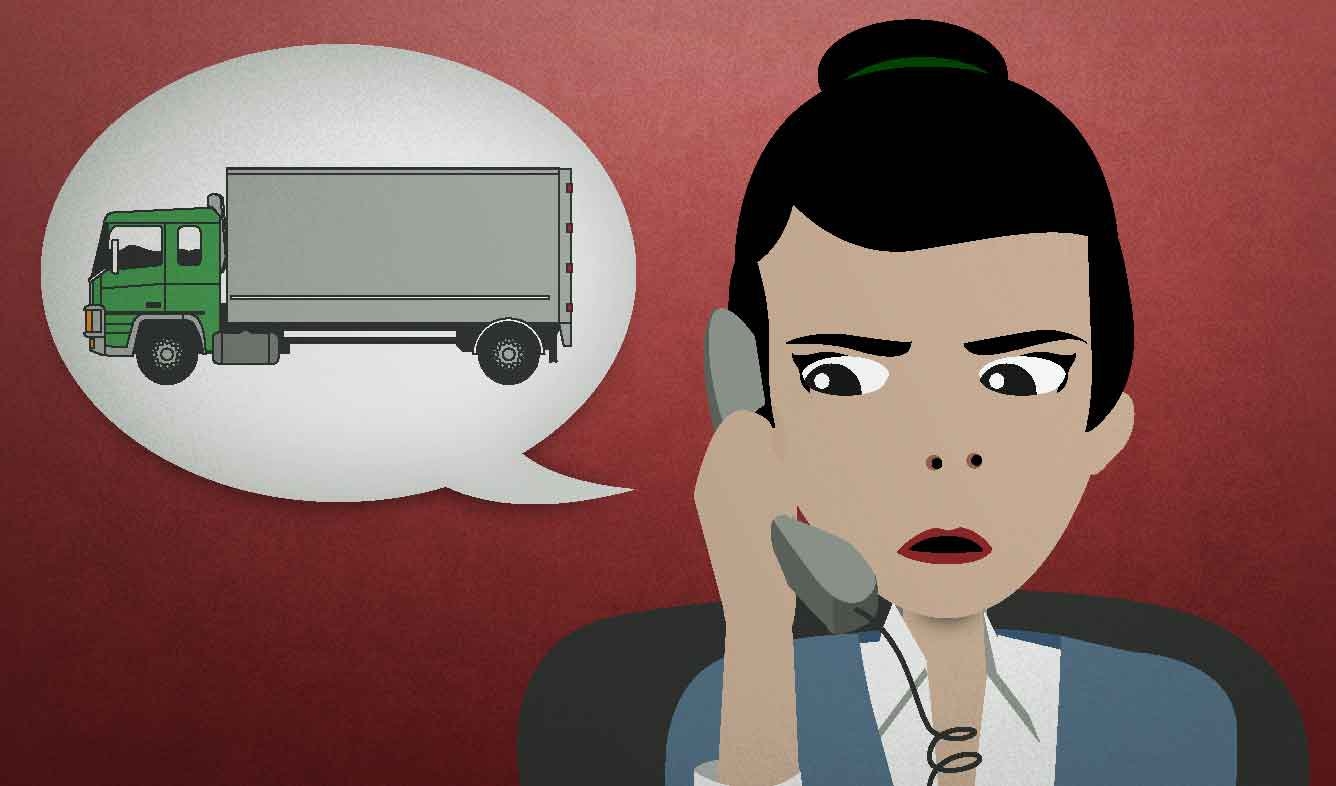“No. I'm sorry, but this is unacceptable.”
One of your company's suppliers shipped some materials to the wrong factory, so you had to shut down production. It's costing you a lot of money. You're calling the supplier to complain. They tried to make an excuse, but you won't accept it.
No. I'm sorry, but this is unacceptable.
Want Video and Sound? Follow us on YouTube

this
When people are discussing a problem or situation, they commonly refer to it as "this":
What are we going to do about this?
How long do you think this is going to last?
I'm sorry, but (sentence)
Sometimes English speakers say "I'm sorry, but..." when they're actually not sorry at all. You can say "I'm sorry, but..." in an angry way:
I'm sorry, but you need to stop feeling sorry for yourself and go find a job!
I'm sorry, but you need to leave.
Why do we say "I'm sorry" in these situations? You can think of it as something like "I'm sorry for saying something mean or aggressive, but I need to say it."
(something) is unacceptable
Use this phrase to talk about something bad that a person has done.
Parents, teachers, managers, and other people with authority use "unacceptable" when they're yelling at someone that they're in charge of. Customers also use it to complain about problems they have with a business. For example, if your luggage gets lost by an airline company, you might tell an airline employee:
This is unacceptable!
You can also say that something is "totally unacceptable":
That kind of behavior would be totally unacceptable where I come from.
This phrase sounds formal, but it's also a very strong criticism, so only use it when someone has done something really wrong and you're angry with them.
